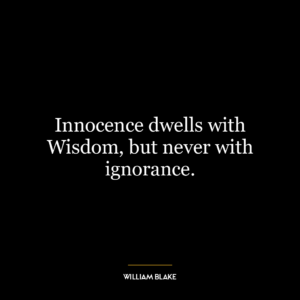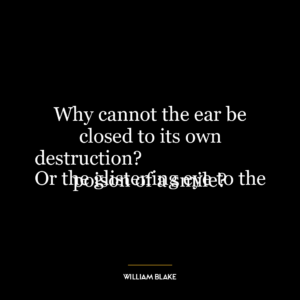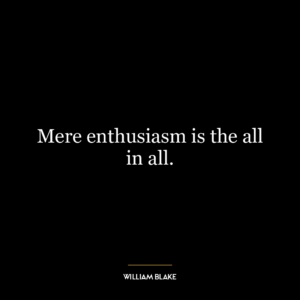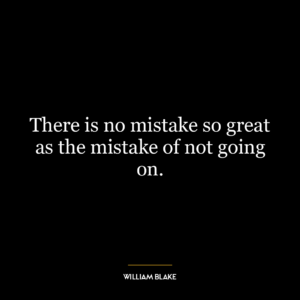Thy friendship oft has made my heart to ache: do be my enemy for friendship’s sake.
This quote, “Thy friendship oft has made my heart to ache: do be my enemy for friendship’s sake,” from William Blake is a paradoxical statement that explores the complex nature of human relationships. It suggests the idea that sometimes, friendships can cause more pain and suffering than enmity. The speaker seems to be expressing a desire for clarity and straightforwardness in relationships, even if it means turning a friend into an enemy.
The first half of the quote, “Thy friendship oft has made my heart to ache,” indicates that the speaker’s friend has frequently enough caused them emotional pain. It might point towards unfulfilled expectations or disappointments arising from this relationship. The second part, “do be my enemy for friendship’s sake,” is an unusual request asking their friend to become an adversary instead. This could imply that being enemies woudl bring less pain than their current relationship as it would eliminate false hopes or pretensions.
applying this concept in today’s world or personal growth context,one could argue that honesty and clarity are critical in any relationship – be it professional or personal. Sometimes people maintain friendships out of obligation or fear of confrontation which can lead to resentment and constant disappointment.
In terms of personal growth, this quote might encourage us to evaluate our relationships critically and honestly. Are they enriching our lives? Or causing unnecessary distress? If a relationship consistently brings more harm than good, it might indeed be healthier to let go rather than holding on due to societal norms or fear of loneliness.
Furthermore, this idea also emphasizes emotional intelligence – understanding our feelings towards different relationships and managing them effectively without letting them affect our mental health negatively.
So while Blake’s words may initially seem harsh or extreme – wishing for enmity over painful friendship – they ultimately underscore the importance of prioritizing mental well-being over maintaining harmful connections with others.















